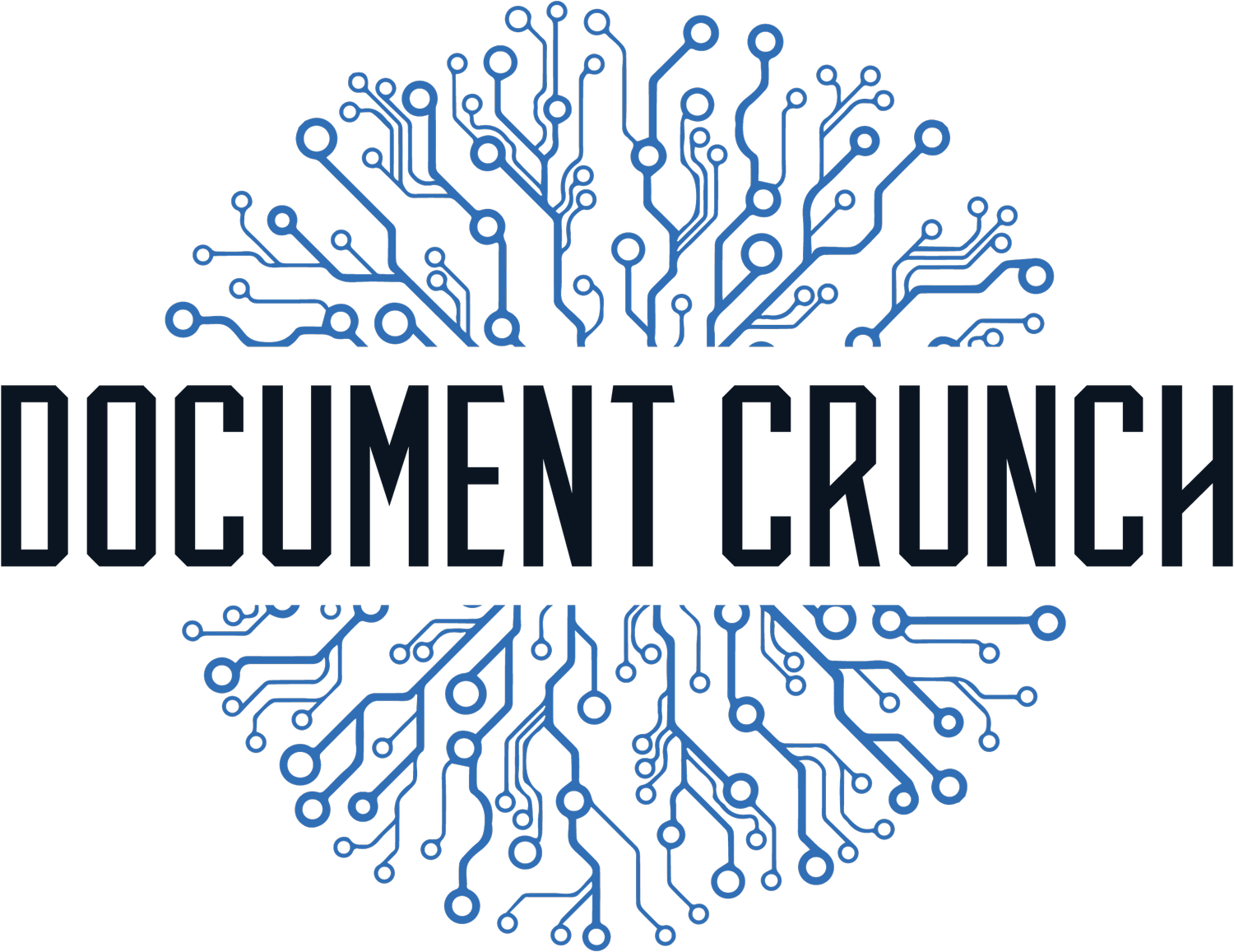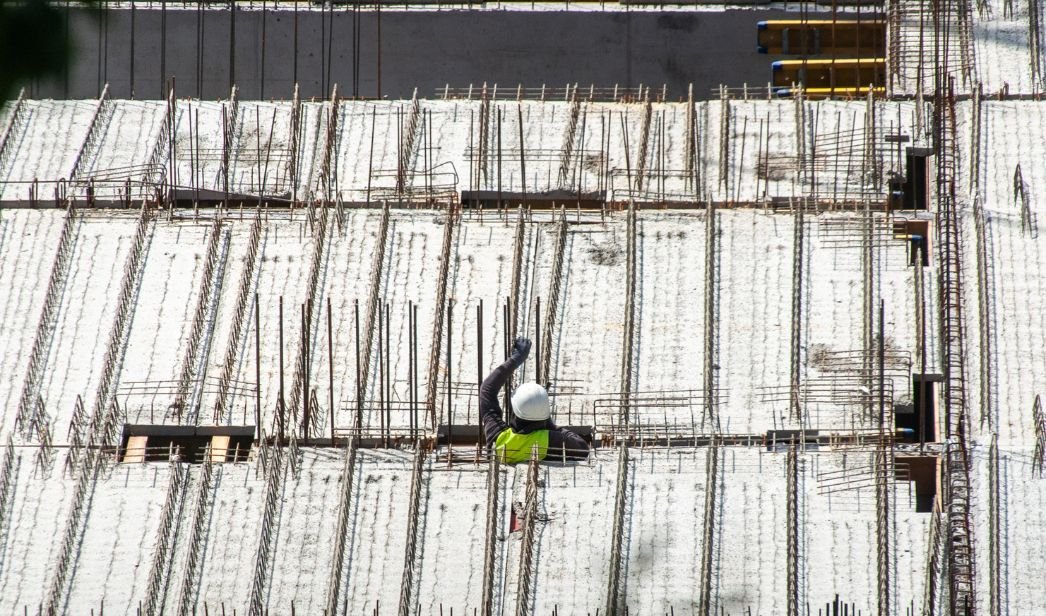Contracts Can Shield Your Construction Projects from Increased Tariffs (Get our Free Tool!)
Since taking office, President Trump has signed several executive orders and made big moves pertaining to tariffs, all of which could significantly impact the construction industry. NOW is the time for the industry to look at its current and future contracts because they can absolutely protect projects and profits.
UPDATED: As of April 5, 2025, President Trump is imposing a 10% tariff on imports from all countries, and starting April 9, 2025, higher individualized reciprocal tariffs will apply to countries with the largest trade deficits with the U.S., while others remain at the 10% rate. The order allows for future tariff adjustments based on retaliation or cooperation from trading partners. Key exemptions include steel, aluminum, autos, semiconductors, pharmaceuticals, lumber, and critical minerals. For Canada and Mexico, existing orders remain in effect, maintaining a 0% tariff on USMCA-compliant goods, while non-compliant goods face a 25% tariff.
The recent tariff increases and continuous uncertainty are leaving construction companies wondering how President Trump’s plans will impact their projects and if contracts can minimize any fallout.
The answer is yes.
There are several precautions contractors should take to fortify current and future construction contracts and protect profit margins.
Where are tariffs covered in most construction contracts?
Most standard construction contracts don't explicitly address tariffs. The terms affected by tariffs are most often buried within general material costs or change in law provisions, which create significant risk exposure. Since the tariff situation continues to change day-to-day, it’s important that contractors immediately review their existing contracts for price adjustment mechanisms and initiate transparent discussions with any upstream (owners) and downstream (subcontractors) partners about potential cost impacts and risk-sharing strategies. More on that below.
How will tariffs impact the construction industry?
There are obvious and not-so-obvious answers to this question. In the short term, import tariffs will increase building material prices and slow supply chains. From commodity materials like steel, aluminum, and lumber, to specialty materials like appliances and flooring, builders will face higher prices or be forced to find alternative suppliers. These sourcing challenges will impact the buying cycle and the time materials arrive on construction sites. Suppliers may adjust their operations, business models, or pricing to avoid losing U.S. customers or they may even shift away from U.S. customers. In the long term, one of the Trump administration’s goals for the tariffs is to increase domestic production and consumption. If this becomes a reality, however, building materials that are scarcely produced in the U.S. will take time to build up domestic supply chains. Suppliers that are already available in the U.S. may begin increasing pricing due to increased demand.
The bad news is that general contractors, of all parties involved in construction projects, will bear the most significant financial impact of these consequences. General contractors often assume the risk of construction material cost increases in fixed-price contracts while managing both upstream owner relationships and downstream supplier/subcontractor relationships. The good news is that GCs can build more substantial contracts that allow for more flexibility if the worst happens.
How can contracts protect against tariff impacts?
Construction contracts must allow for fluctuating material pricing, supplier diversification, and flexible project timelines. What does that look like in a contract?
Price Adjustment Clauses allow for price adjustments in response to material cost fluctuations caused by tariffs. These clauses can ensure that partners, such as suppliers and subcontractors, share the risk of unexpected cost increases.
Force Majeure Clauses can cover unexpected tariff-related disruptions to the supply chain. This clause can detail alternative sourcing strategies and agreed-upon response plans in case of material shortages.
Delay Remedies: Time and/or Cost Adjustments mechanisms will be more important than ever due to tariffs. Tariffs may price contractors out of purchasing certain materials and may require them to spend more time trying to find alternatives. Having a contractual right to seek additional contract time and/or contract sum will prevent the contractor from falling behind schedule.
Insurance and Performance Bond provisions need to protect contractors from financial risk. When tariffs disrupt supply chains, schedule delays can lead to performance issues that increase exposure under performance bonds. Contractors need to negotiate indemnification clauses that protect against unforeseen risks that impact bond obligations and financial guarantees.
Notice Requirement Clauses need to include detailed, explicit steps that help the contractor secure entitlements if material costs increase. Requirements need to allow for the time and circumstances to submit notice if tariffs impact the project supply chain.
Change in Law Provisions need to explicitly identify tariff-related cost increases as a reimbursable change. This clause is often written too broadly, and it takes legal intervention to prove specific circumstances, like tariffs, are covered.
Where should contractors start?
Document Crunch’s new AI-powered Tariff Preparedness Checklist helps contractors implement the above contract improvements in minutes through:
Automated Contract Risk Reviews: Construction pros can conduct thorough reviews of contracts to identify vulnerabilities related to President Trump’s import tariffs, material costs, supply chains, and any other national policy changes.
AI-Driven Insights: This provides a standardized contract workflow, trusted by hundreds of contractors with Checklists that include AI generated summaries straight from your contract, including where you stand on the different Tariff-related provisions.
Collaboration Tools: These allow legal, risk management, and project teams to collaborate in real-time to adjust contract terms efficiently and quickly before tariff impacts take effect.
Construction economists are following more than just the impact of Trump’s tariffs, and we will, too. In the meantime, if you already have Document Crunch, ask your Customer Success team member to set up your Tariff Assessment Checklist today. Not part of the Crunch Community yet? Click here to get FREE access to our Tariff Assessment Tool and analyze your contracts against the latest tariff policies at zero cost.



